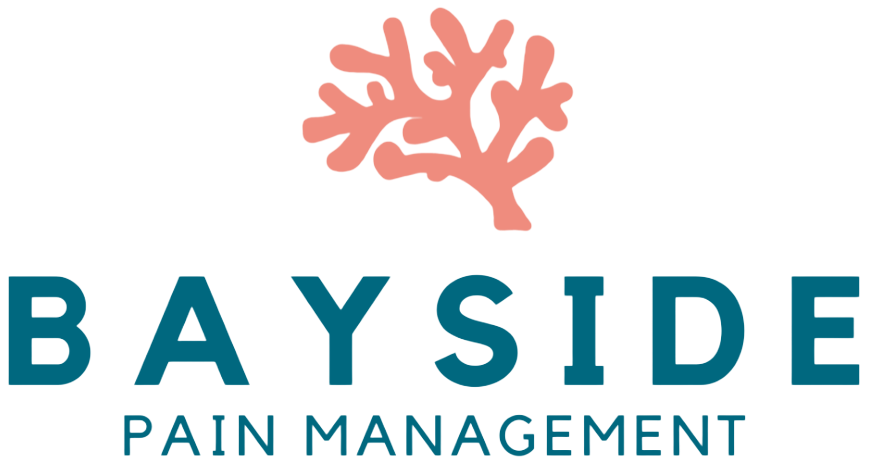Cancer pain and how we help
Walking with you through the cancer journey
Cancer touches many of our life experience, either as a personal journey or that of a loved one. We know that up to one in two Victorians will be diagnosed with cancer by the age of 85, and with advances in medical technology a considerable majority have a good prognosis beyond their initial treatment.
Although pain is not part of everyone’s story with cancer and cancer treatment, about a third of individuals experience moderate or severe pain during treatment. For some, pain persists long after treatment and even remission, and becomes an upsetting, unwanted reminder, and roadblock getting back to life.
We have walked this journey with many: from their diagnosis, to a decade afterwards. We have been there before surgery and the very morning after, through weeks of radiation, months of chemotherapy and immunotherapy. We have been there to celebrate the cancer-free scans, regaining fitness, getting back to study and work, and going on that long-delayed dream holiday. We’ve also been there when a worryingly familiar twinge takes our breath away: could this be cancer?
It has been our privilege that patients have shared their journeys with us. We want to use our experience now to help others.
How is our approach different?
Our perspective is shaped by the stories of our patients.
It is key to recognise that pain itself is vital for survival. It is the nervous system’s way of feeding back to the brain that there is a threat within the body. In cancer, the experience of pain often leads to diagnosis and life saving treatment - it resulted in tests and specialist treatment we needed. Pain lead to action and eventual safety.
Cancer treatment, however, can be a highly disorienting experience - physically, cognitively and emotionally. Treating cancer involves intentional injury and inflammation, it is intertwined with worry about the next day and the distant future, it can bring with it memories of loved ones who have travelled the same path. Even if we know the reason for pain - surgery, radiation, chemo - some moments are barely tolerable, and the entire experience overwhelming.
One of the ways the nervous system can adapt to being overwhelmed is disconnection. There can be disconnection from the places and people that remind us of pre-cancer life, disconnection from our emotions about diagnosis and treatment, and even disconnection from what is being experienced in the nervous system in the moment. These responses are entirely automatic, subconscious and protective.
What is helpful in the moment, however, can be problematic in the longer term. The nervous system can get ‘stuck in the moment’ of the physical and emotional trauma of cancer treatment - and even when the cancer has gone, and the oncologists have said their goodbyes, our patients describe a nervous system that cannot shut off the intense feeling of threat, expressed through the language of the nervous system - pain. It is still protecting us from a danger that is no longer there: the right response, but no longer the right time.
Our approach is about understanding you and your nervous system, and the unique story you have about cancer and cancer treatment. Understanding what has lead the nervous system to these specific responses is empowering in itself, but also the first step in creating opportunities for reconnection and recovery.
How can we help?
Perhaps you have found us early in your journey with cancer. We have worked closely with surgeons and oncologists to navigate the mix of medications, worry, treatment side effects, and tuning back doses as pain subsides as the nervous system regains confidence that there is no ongoing threat.
If you have found us some time after treatment, pain is often frustrating, an unexpected, unwelcome physical and emotional reminder of a time many would rather forget and just move on from. We can help guide you to understand your nervous system - the influences that shaped it long before cancer diagnosis and the battle scars from previous threats, the experience of cancer and treatment, and the way cancer changed our ability to connect to ourselves, our bodies, our work and hobbies, and the people around us.
While this process may involve medications or interventions, we have often found they complement the work of reconnection: that is, to enable participation in physical therapy, the development of psychological strategies, and social re-engagement, building on strengths and strategies you have learnt from previous challenge.
Developing confidence to re-engage with life and restoring connectedness takes time, and although there is ‘no quick fix’ that we all wish for, we are passionate about helping you on the path to recovery and building resilience.
Where can I find out more?
Dr Chris enjoys partnering with local therapists and GPs in the inner west suburbs of Melbourne to personalise a plan for you, including working closely with Rachael and the team at Evolving Pain in Seddon.
For more information, or to organise a consultation with Dr Chris, contact us by email drchris@baysidepain.com.au, or (03) 8658 6460 (phone message service only).
We look forward to meeting you.
